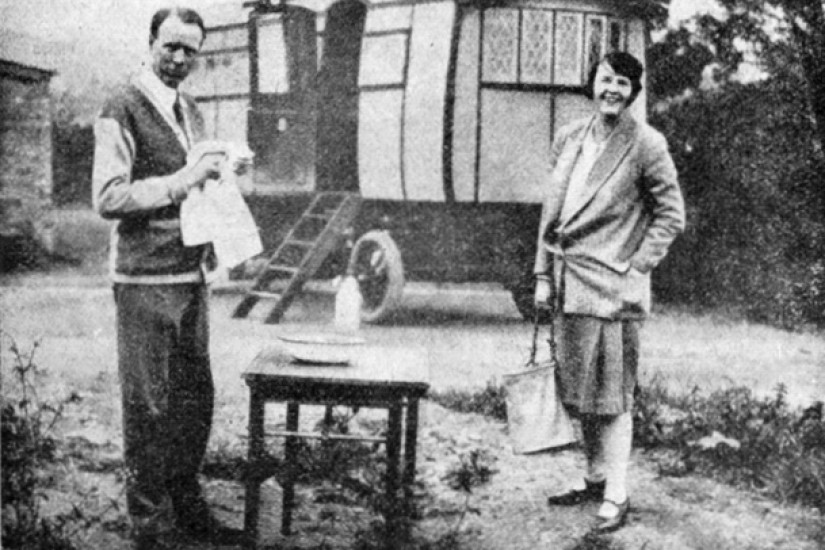Millions of Americans already listened to Thompson on the radio and read her pithy column three days a week when the Ladies’ Home Journal came knocking, asking her to write a column that would spark women’s interest in politics. The Journal’s circulation outran that of every other women’s magazine and even that of the Saturday Evening Post. Thompson happily agreed to write a column every month for $1,000 each, equivalent to more than $17,000 today. She received six honorary university degrees in 1937; invitations to speak at forums, clubs, dinners, and commencements poured in by the hundreds. Americans debated her views over breakfast tables and at dinner parties, in office breaks and on the street. Whether revering or deploring her, they recognized her as the “First Lady of American Journalism.”
Sinclair Lewis could not endure it. When the German situation dominated conversation at home, as it often did during social occasions, Lewis became furious. Although Lewis had a sudden best seller in It Can’t Happen Here, and more than one reviewer judged it his best since Dodsworth (1929), he knew that his 1930s novels lacked the brilliance of his earlier fiction. His sense of creative decline contrasted starkly with Thompson’s ascent. He “had a horror of being known as ‘Mr. Dorothy Thompson,’ ” journalist Jimmy Sheean thought, watching the marriage fade into “a hopeless simulacrum.” Moments of solidarity between the couple became the exceptions rather than the rule.
In the spring of 1937, Lewis announced that he was leaving. He had become crazy about the theater—writing plays, acting in summer stock, and falling in love with a very young actress, Marcella Powers. Thompson did not see casual infidelity as fatal, but felt stricken by the withdrawal of his love. When Lewis blamed her work for ruining their marriage, she protested unhappily that she loved him intensely, uniquely, and that, quite the contrary to what he thought, her work had saved their marriage. Lewis’s “overcharged” presence was “too intense to be borne” at times, she explained: “I couldn’t live with you, every minute, wholly…[in] so charged and electric an atmosphere. And work has always been my way out.” Only “constant baths in the cool air of work” enabled her to return to him whole. (Lewis’ “appalling restlessness” had been caricatured by Bernard De Voto as “a kind of electrical disturbance. He wasn’t actually spinning like a top or hanging by his toes from the ceiling but you had a dizzy impression that he must be.”) Thompson insisted to her husband, “I am grateful to work. Next to you, I love it best of anything.”
